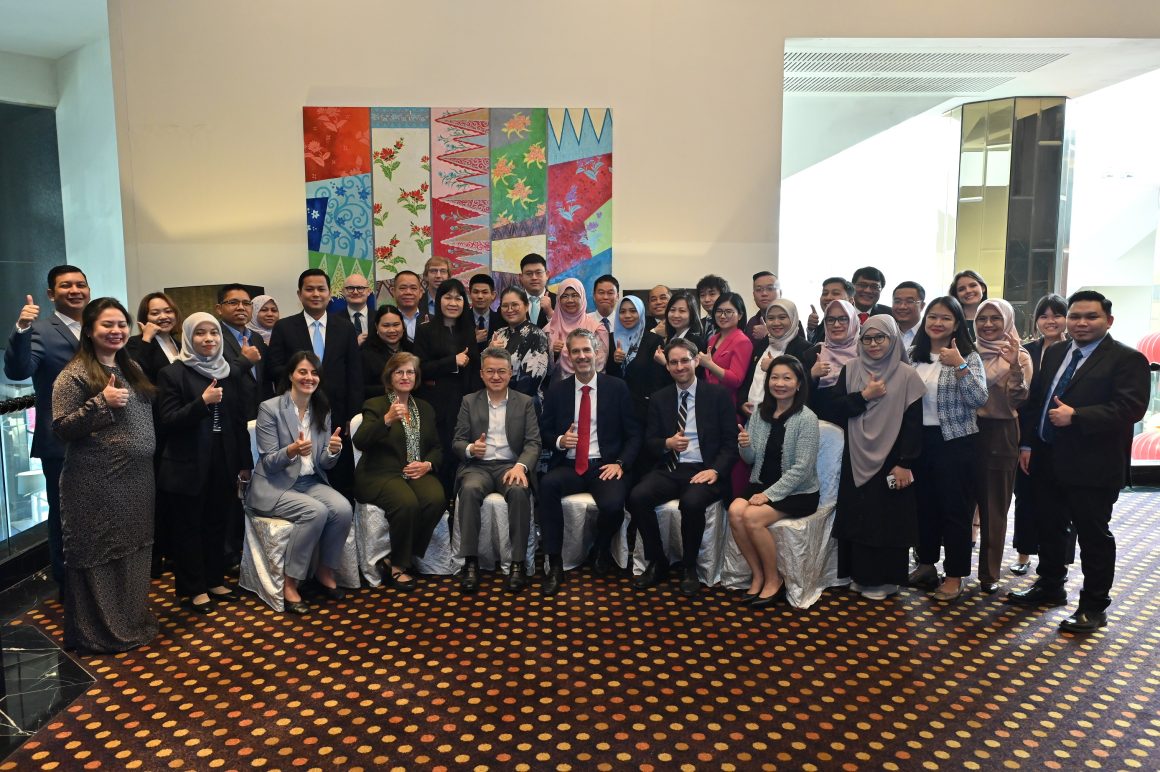Between 15-16 January 2025, in Kuala Lumpur, Malaysia, Treesuvit Arriyavat, Manager of the ASEAN Circular Economy Stakeholder Platform (ACESP) and ASEAN Centre for Sustainable Development Studies and Dialogue (ACSDSD), participated in a two-day event focused on promoting the circular economy (CE) in ASEAN. On Day Two, during the session titled “Presentations and Discussion: Examples of Good Practices, Success Stories, and Challenges,” Treesuvit discussed the role of online platforms in fostering the CE transition in ASEAN. He highlighted the benefits of knowledge sharing and regional collaboration while addressing key challenges such as the digital divide, data privacy concerns, and platform sustainability. He stressed the importance of diversified funding to enhance platform longevity and efficiency.
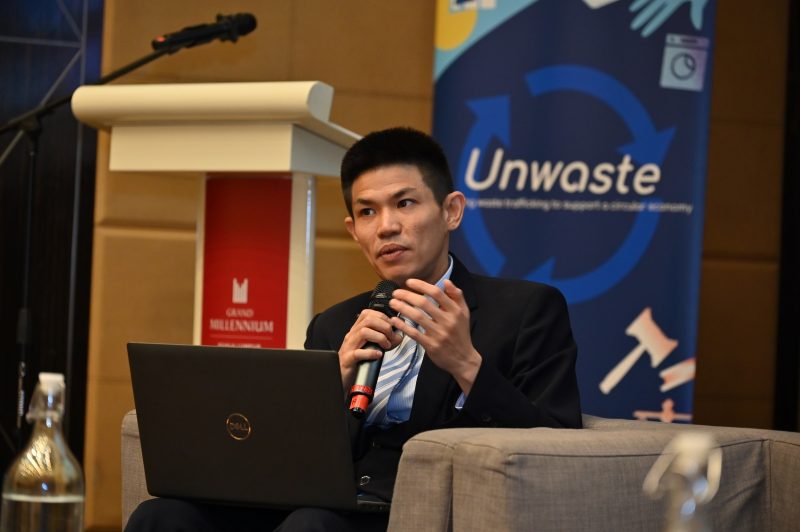
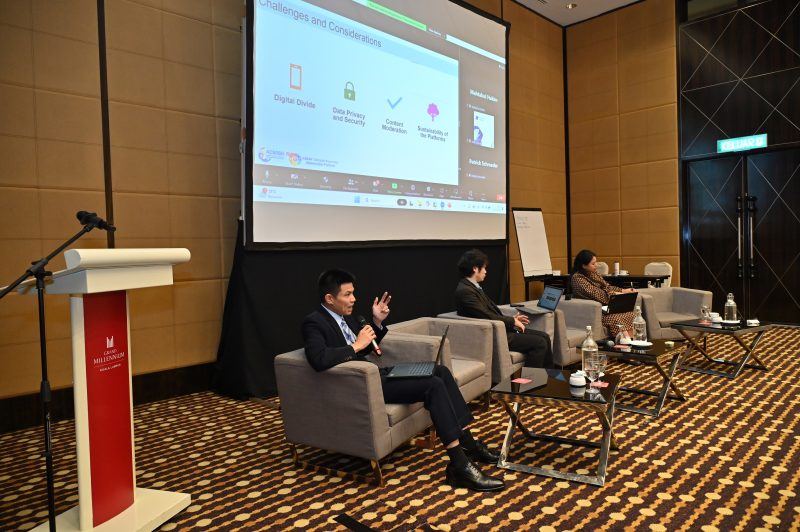
This seminar, organized by UNODC and UNEP as part of the UNODC Unwaste Project, aimed to tackle waste trafficking from the European Union to Southeast Asia and support the transition to a circular economy. The project focuses on ensuring that waste, when traded legally, is reused as raw material to prevent excessive waste generation and environmental pollution. However, illegal exploitation of the waste trade by criminal networks undermines these efforts. The events successfully brought together key stakeholders from ASEAN and the EU, fostering regional cooperation and practical dialogue. By facilitating knowledge exchange and highlighting shared challenges, these events deepened understanding of circular economy processes, enhanced collaboration, and identified innovative approaches to tackling waste trafficking and promoting sustainable trade practices across the region.
In April 2024, UNODC released publications exploring illegal waste flows between Southeast Asia and the EU and the intersection between waste trafficking and other crimes. Based on these findings, UNEP and UNODC are now developing a Discussion Paper on Waste Trafficking and the Circular Economy (“the CE Paper”). The seminar aimed to present the paper and gather feedback, convene CE and enforcement experts to identify measures for incorporating waste trafficking responses into CE frameworks and exchange perspectives on challenges and best practices.
Agencies and organizations from across ASEAN and beyond participated, including Indonesia’s Directorate General of Customs and Excise and Malaysia’s Ministry of Investment, Trade, and Industry (MITI), along with Thailand’s Pollution Control Department and Viet Nam’s Hai Phong Customs Department. International organizations such as the European Union Delegation to Malaysia, the Embassy of Japan in Malaysia, ASEAN Secretariat’s Circular Economy Platform, and the World Bank also contributed to the discussions.
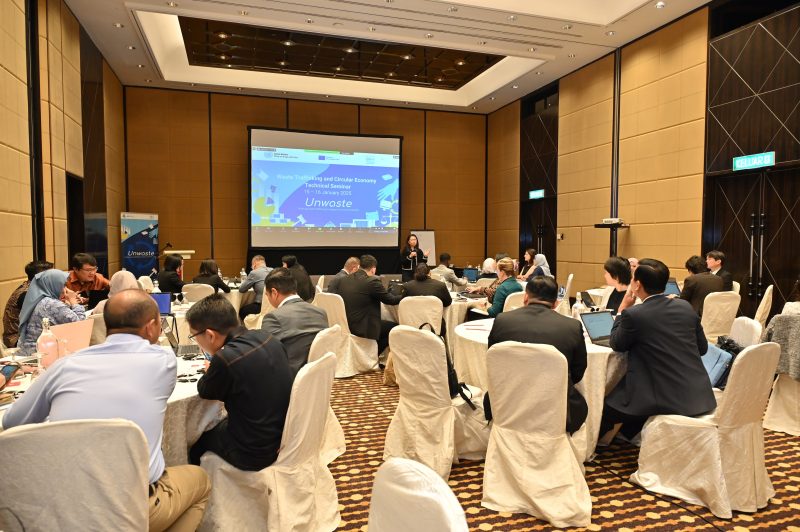
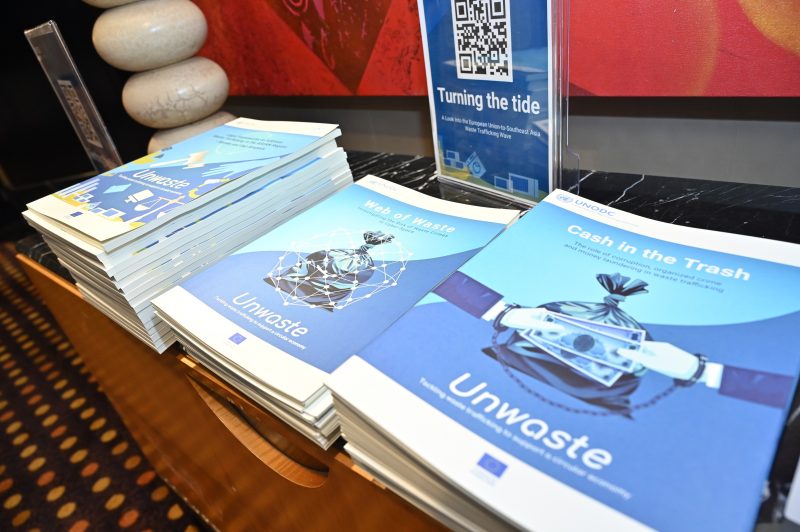
The event successfully brought together key stakeholders from ASEAN and the EU to discuss the challenges and opportunities of integrating circular economy (CE) principles into waste management. On Day One, distinguished speakers highlighted the importance of regional cooperation to combat waste trafficking and promote green trade. Discussions focused on the impact of illegal waste shipments on recycling processes and the need for stronger regulations to support CE efforts. Participants explored waste streams like plastics, e-waste, and metals, emphasizing the importance of Extended Producer Responsibility (EPR), sustainable design, and stricter import controls to tackle these challenges. The day concluded with a panel discussion on the role of international cooperation in strengthening enforcement and promoting green trade within ASEAN.
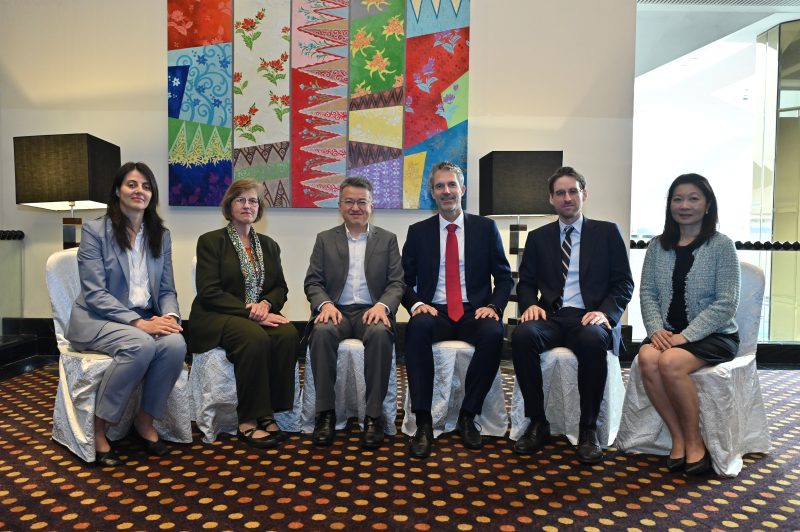
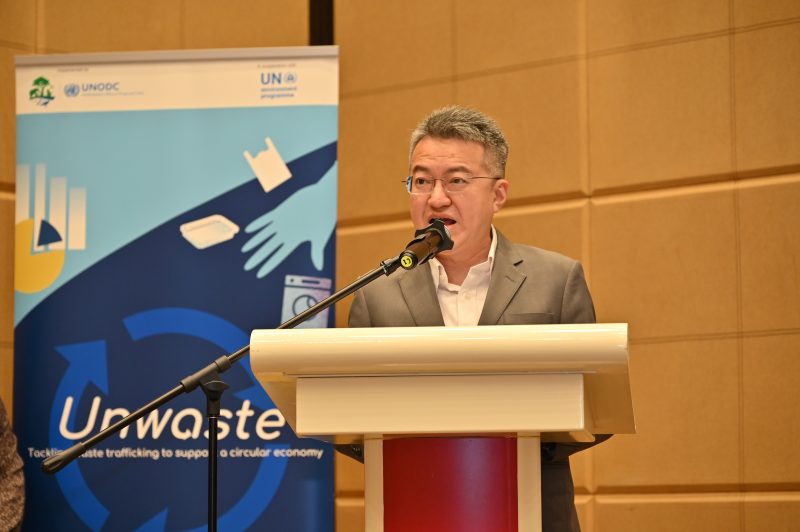
On Day Two, the focus shifted to country-specific CE action plans. Representatives from ASEAN, Malaysia, and Vietnam shared their national frameworks, while speakers discussed the importance of integrating CE into trade agreements and regulatory frameworks. The day’s discussions also highlighted the need for sustainable product design and regulatory measures to improve waste management and reduce environmental impact.
This event marks a significant step in ASEAN’s transition to a circular economy by fostering collaboration between ASEAN and EU countries, sharing best practices, and identifying actionable solutions to waste trafficking and waste management. The engagement of government representatives, international organizations, and experts sets the stage for a more sustainable and resilient regional economy, aligning with ASEAN’s long-term goals for a greener, more circular future. This momentum is crucial for accelerating the adoption of circular economy practices, driving policy changes, and enhancing cross-border cooperation across ASEAN member states.
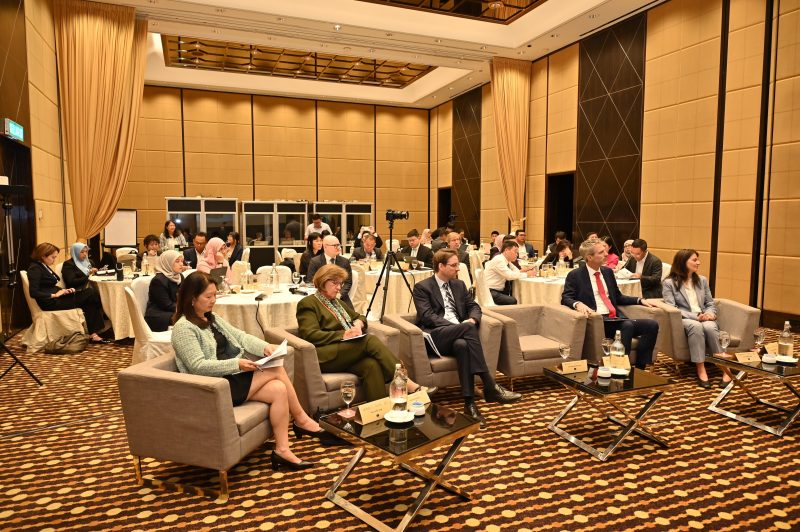
We are excited to invite you to explore the Unwaste project website and its valuable resources aimed at combating waste trafficking between the EU and Southeast Asia. The project fosters enhanced partnerships between EU and ASEAN Member States, supporting the transition to a circular economy.
The Unwaste project seek to better understand waste flows between Europe and Southeast Asia, with a focus on the impacts of the COVID-19 pandemic on medical and hazardous waste. Their efforts are designed to promote cooperation through national dialogues and intra- and inter-regional policy discussions, ultimately strengthening collaboration in support of a circular economy.


